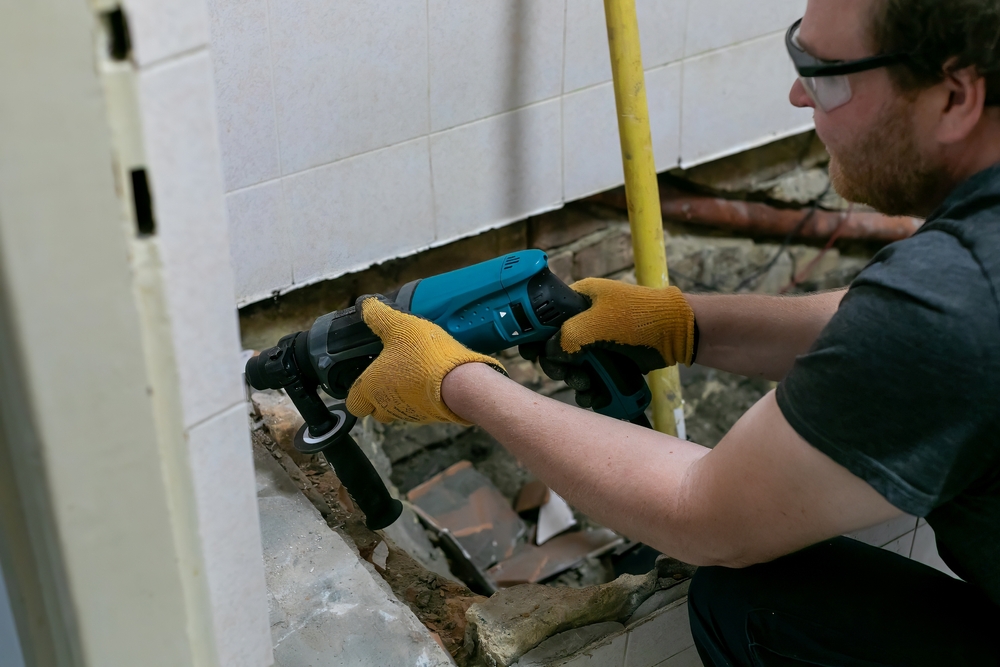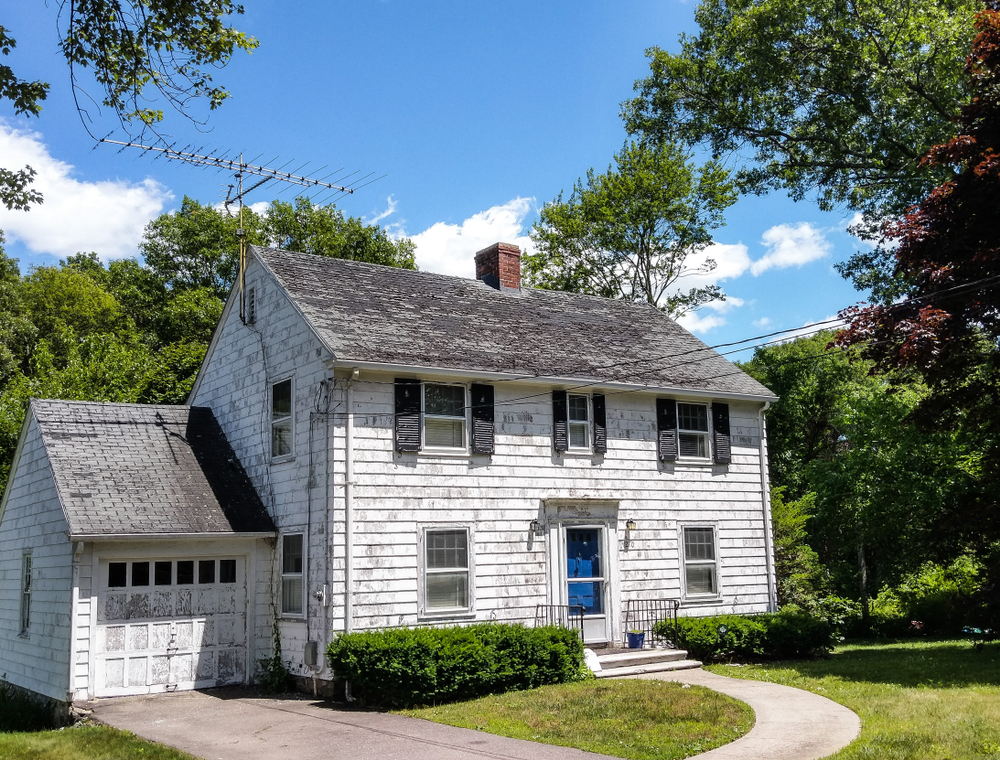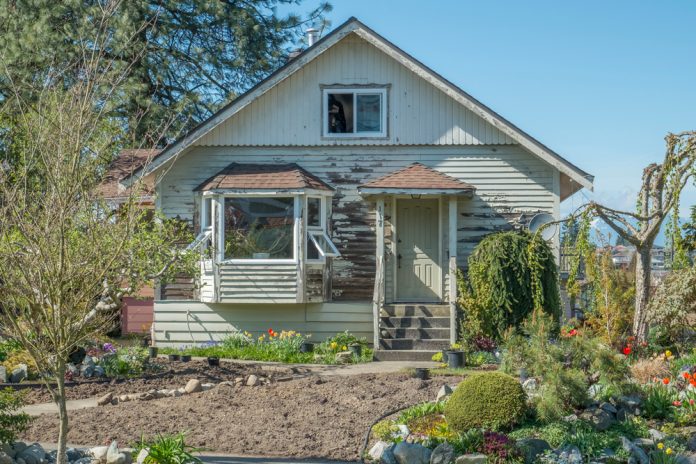Have you ever walked into a home and immediately pictured yourself living there, only to realize it needs a lot of work? That’s the dilemma many buyers face when deciding between a fixer-upper and a move-in-ready home.
On one hand, a home that needs renovations might come at a lower price and allow you to customize it to your exact taste. On the other, move-in-ready homes offer convenience and predictability, but often at a premium.
In today’s real estate market, particularly in places like California, affordability remains a challenge, even with mortgage rates easing slightly. That’s why more buyers are exploring homes that need work—because a fixer-upper often provides more house for less money. In this article, we’ll break down the pros and cons of each option, the questions you should ask yourself, and my personal take on what to consider before making one of the biggest financial decisions of your life.
Why Buy a Fixer-Upper
Buying a fixer-upper has its clear advantages. The most obvious benefit is the lower purchase price. Homes that need work often sell below market value, sometimes 10 to 20 percent cheaper than move-in-ready alternatives. This lower price can translate into a smaller down payment and reduced property taxes, which is particularly helpful for first-time buyers trying to stretch their budget.
Another major benefit is the opportunity to build equity fast. Every smart improvement you make—from updating kitchens and bathrooms to refreshing flooring or boosting curb appeal—adds value to your property. A well-planned renovation can quickly turn a fixer-upper into a home worth significantly more than your purchase price.
Customization is another advantage that shouldn’t be underestimated. When you buy a fixer-upper, you’re not locked into someone else’s taste or layout. You can design the home to fit your lifestyle, creating spaces that suit your needs and reflect your personality. However, renovations require time, money, and patience. Unexpected costs are common, and projects can take longer than planned, so always budget a 15 to 20 percent cushion for surprises.
Why Buy a Move-In-Ready Home
Move-in-ready homes offer convenience that a fixer-upper can’t match. You can settle in immediately, without dealing with contractors, dust, or construction delays. This is ideal for families, busy professionals, or anyone who wants to start living without the stress of managing a renovation.
Another key advantage is a predictable budget. What you see is what you get with a move-in-ready home. You won’t have hidden plumbing or electrical issues lurking around the corner, and your monthly payments will be consistent and easier to plan. For buyers who prioritize stability, this predictability can be a major relief.
Finally, many move-in-ready homes come with modern features and energy-efficient upgrades. From new appliances and smart layouts to energy-saving windows and insulation, these homes often include amenities that buyers are looking for in today’s market. The trade-off is a higher price tag. In competitive areas, move-in-ready homes can spark bidding wars, and you may need to compromise on size, location, or yard space to secure the convenience you want.
Keep Reading: Foreclosures are Rising Again — What’s Really Going on in 2025?
Questions to Ask Yourself Before Choosing a Fixer-Upper

Deciding whether a fixer-upper is right for you requires honest self-assessment. Start by asking yourself if you have the time and patience for renovations. Even minor upgrades can take weeks or months to complete, and larger projects can stretch into years.
Next, consider your support network. Do you have a reliable contractor, or the skills to handle some of the work yourself? If not, you’ll need to factor in labor costs, which can add up quickly. Knowing who you can call when issues arise can make a big difference in the success of a renovation project.
Financing is another critical question. Certain loan programs, like the FHA 203k, are designed specifically for fixer-uppers. They allow you to finance both the purchase and renovation costs into a single mortgage, but they come with additional paperwork and restrictions. Finally, think about how long you plan to stay in the home. If you plan to move again in a few years, you may not recoup the costs of extensive renovations.
A Perspective on Fixer-Upper Homes from a Realtor
From my experience as a Realtor, the key is to focus on the bones of the house. If the structure, foundation, and layout are solid, cosmetic upgrades are relatively easy and can significantly increase value. But if critical elements like the roof, plumbing, or foundation need major repairs, a fixer-upper could become more of a headache than a wise investment.
Move-in-ready homes allow buyers to focus on living rather than managing a renovation. While they cost more upfront, they can provide peace of mind and a smooth transition into your new home. Ultimately, the right choice depends on your personality, goals, and tolerance for risk.
For buyers who enjoy projects and have a vision for transforming a home, a fixer-upper can be incredibly rewarding. For those seeking convenience and minimal stress, move-in-ready homes are often worth the premium.
Making the Choice That Fits You

When deciding between a fixer-upper and a move-in-ready home, it’s essential to balance your budget, lifestyle, and long-term goals. Think about your timeline, your ability to manage renovations, and how involved you want to be in customizing a home. There’s no one-size-fits-all answer—what matters most is finding a home that fits your needs and gives you confidence in your investment.
Whether you choose a fixer-upper or a move-in-ready home, taking the time to research, plan, and work with trusted professionals can make all the difference. Remember, real estate decisions are as much about your comfort and happiness as they are about dollars and cents.
Keep Reading: What Is a Home Warranty and Is It Worth It?
FAQ About Fixer-Uppers
What is considered a fixer-upper?
A fixer-upper is a home that requires repairs, updates, or renovations before it is fully livable or reaches its market value potential.
Are fixer-uppers a good investment?
Fixer-uppers can be a smart investment if you focus on structural soundness and plan improvements that add significant value without exceeding your budget.
How much extra should I budget for a fixer-upper?
It’s wise to budget an additional 15 to 20 percent for unexpected costs, as renovations often uncover hidden issues or require more work than initially planned.
Can I get a loan for a fixer-upper?
Yes, programs like the FHA 203k allow you to finance both the purchase and renovation costs in a single mortgage, though they come with additional requirements.
How do I decide between a fixer-upper and move-in-ready home?
Consider your timeline, budget, tolerance for renovation projects, and long-term goals. If you enjoy projects and customization, a fixer-upper may be ideal; if convenience is your priority, a move-in-ready home may be better.

